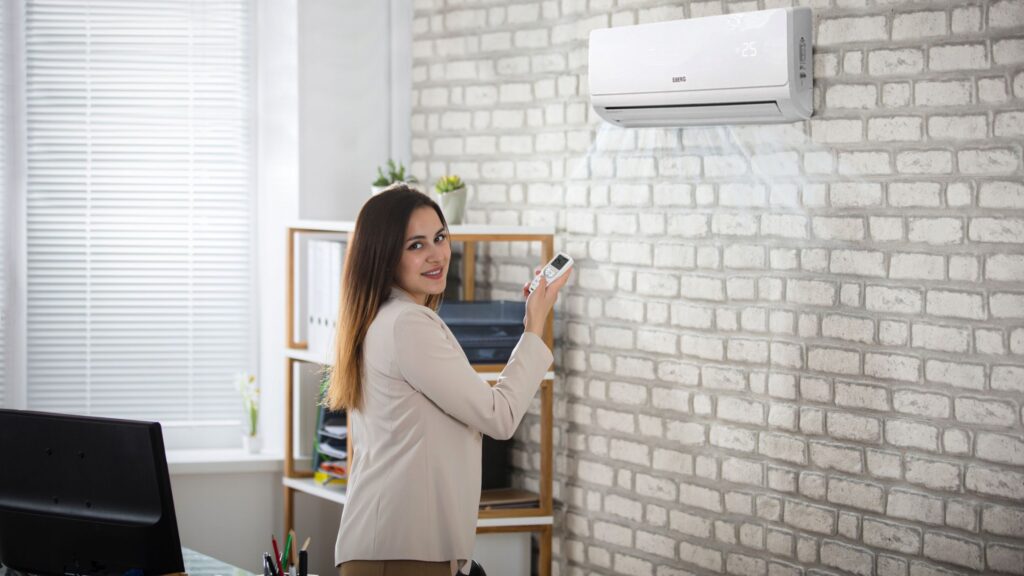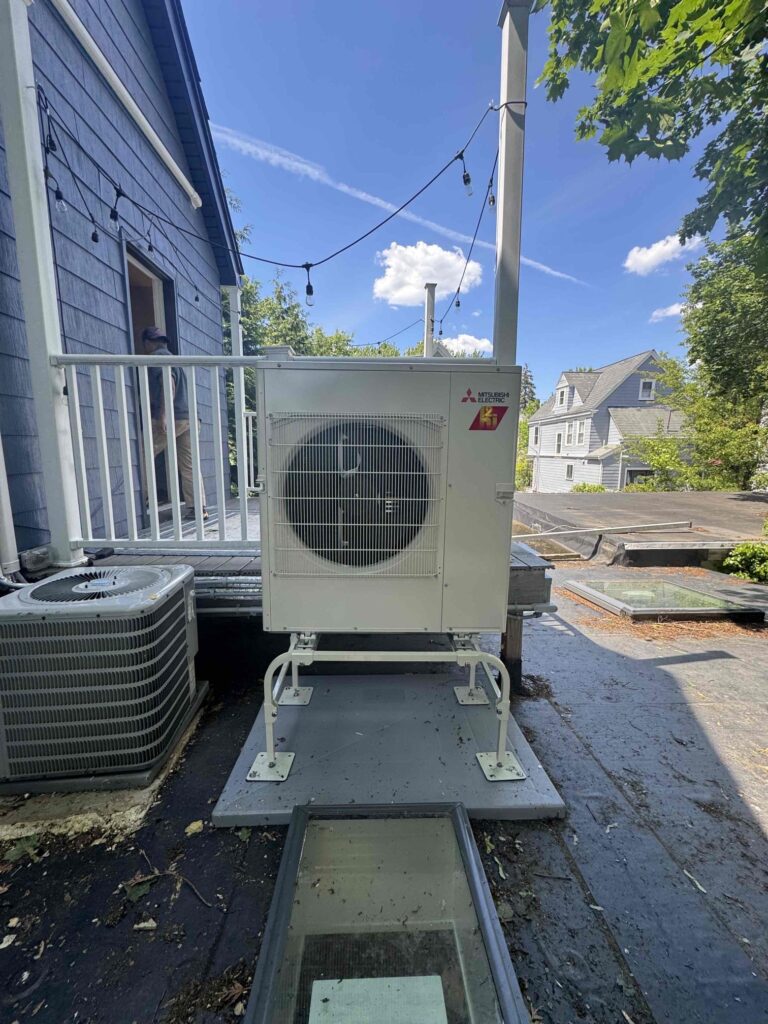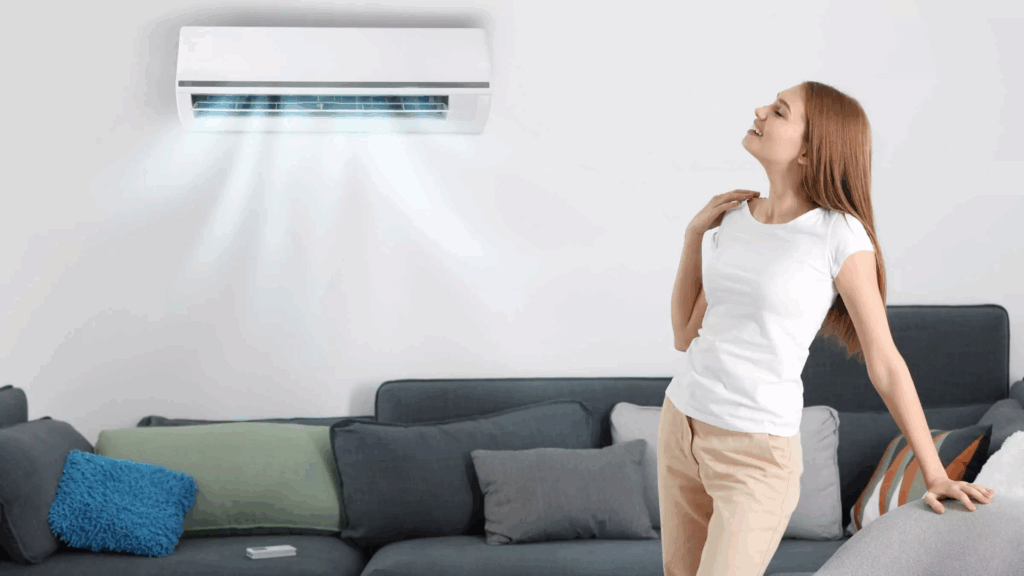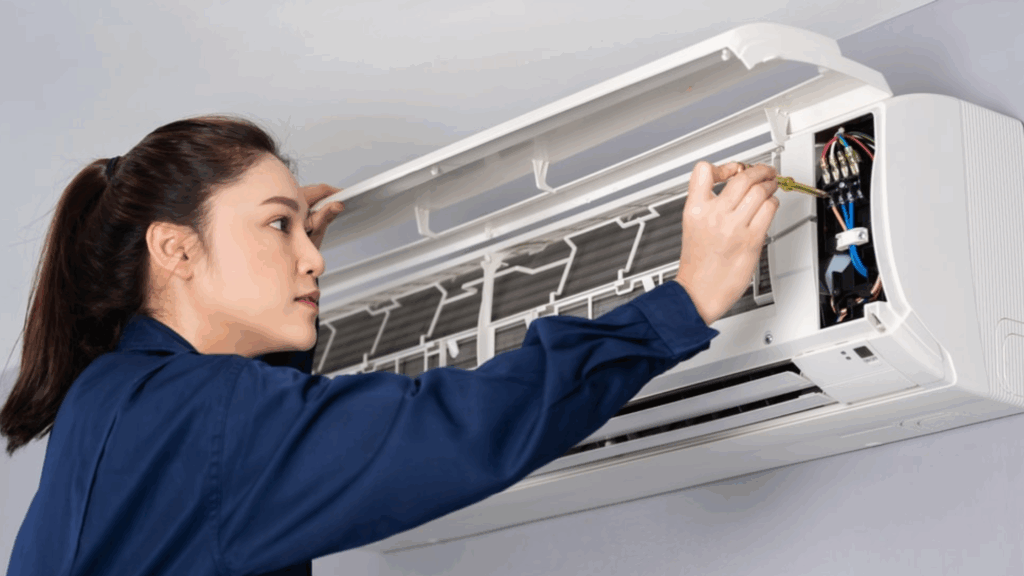
Maintaining or even improving the indoor air quality in a Massachusetts home can be an ongoing concern for homeowners who suffer from seasonal allergies. If you fall into this category, a proactive plan for the times throughout the year when allergy symptoms are typically at their worst can help you minimize your symptoms. For many who suffer from seasonal allergies, spring might just be the most problematic season. Thankfully, you can take several steps ahead of time to keep your indoor air quality optimal throughout the spring.
Why Spring is So Problematic for Seasonal Allergy Sufferers
In the late winter, the weather shifts as temperatures rise and plants bloom. Those who experience seasonal allergies know that this means pollen, which is often the root cause of their symptoms. These symptoms can begin as early as February or even January. They can last until mid to late spring or even early summer. Toward the end of the season, grass begins to send its pollen out, too, and the combination of tree and grass pollen can make people with allergies miserable.
Typical Symptoms of Spring Allergies
If you have noticed that you experience respiratory issues during seasonal changes, you might have seasonal allergies. Taking precautions with your indoor air quality can help minimize their effect.
Typical seasonal allergy symptoms include:
- Runny nose
- Sinus congestion
- Post-nasal drip
- Sneezing
- Coughing
- Watery or itchy eyes
Preventative Measures for Spring Allergies
Regular and Careful Cleaning
Making sure that you keep your environment clean and tidy is an excellent first line of defense for preventing seasonal allergies. Dusting, vacuuming, and wiping down surfaces are great for cutting down on potential allergic triggers that find their way into your home. Vacuum at least weekly and use a damp cloth to keep dust and other allergens under control.
Manage Humidity
Maintaining the proper humidity level in your home, especially in typically damp areas like the bathroom, can help keep allergies at bay. You can test the humidity level in your home with a humidity or moisture gauge. The level of humidity to aim for is between thirty and fifty percent. A vaporizer or humidifier can help boost humidity levels in dry areas while a dehumidifier can lower humidity levels in humid areas.
Increase Airflow
Increasing the amount of airflow is one of the best ways to cut down on allergens that have accumulated inside your home. Ramp up ventilation in your home by opening doors and windows when weather permits. You can also open the vent control and let your air conditioner run or use kitchen and bathroom exhaust fans to boost ventilation and reduce pollutants.
Groom Your Pets
Pets are notorious for triggering allergy symptoms, but it is not simply their dander that can cause issues. Your furry companions can also track contaminants like pollen in your home, which can significantly affect seasonal allergies. Keep your animals well-groomed at all times to prevent excessive allergens from being tracked into your home. Regular brushing and bathing will significantly cut down on the amount of pollen they bring in. When you clean your home, pay special attention to pet bedding and other areas where they spend a lot of time.
Air Filters
Be sure to change the air filters in your HVAC system at least every 90 days. If it has been over that amount of time and you are heading into allergy season, change your air filters right away. Different factors can contribute to the frequency of filter changes, so check them once a month to see if they need to be switched out. If you can see through them, they should be fine. If light can no longer penetrate them, you need to change them or clean them, depending on the type of filter you have.
Get an Indoor Air Quality Test
Having a professional come to your home to test the quality of your indoor air is a good step toward making sure you are ready for allergy season. With an IAQ test, a trained technician first does a visual inspection of your home for any potential issues. Then, the technician uses specialized air quality testing and monitoring equipment to collect and analyze air samples from different areas of your home. These samples are tested for volatile organic compounds, mold, particulates, and gases like carbon monoxide. By getting a full understanding of the current indoor air quality of your home, a professional can then make recommendations for how to best prepare for the oncoming allergy season.
Upgrade Your HVAC System
If you want to take your seasonal allergy symptom prevention efforts to the next level, upgrade your HVAC system. One option is to switch out your current air filters with ones that have a higher MERV, or microfiber performance rating. The strongest air filters on the market for minimizing allergy symptoms might not be ideal for the optimal operation of your HVAC system. We generally recommend a Trion Airbear filter system to our HVAC customers in Massachusetts. You may need to talk to a professional about what level of filter your particular system can handle.
Another line of defense is to have UV lights installed in your HVAC system. Endless Energy recommends the Halo UV In Duct Air Purifier. UV lights have been used for decades in hospitals and restaurants to disinfect the air. These lights can kill or deactivate mold, bacteria, viruses, and other airborne pathogens. They do not necessarily do much for things like pet dander, dust, and pollen, but not all allergy symptoms are caused by those. Many people are also allergic to mold.
Finally, consider getting a whole home air purification system such as the iWave ionizer. Air purifiers work towards improving indoor air quality by minimizing the presence of irritants such as pollen, dust mites, mold spores, VOCs, smoke, and fumes. Whole-house air purification systems are integrated into your home’s heating and cooling and treat all of the rooms in your home.
Speak With Our Team About Preparing for Spring Allergy Season
At [company_name], we have been providing Massachusetts residents with quality service for over forty years. That kind of experience and expertise means that you can trust us to recommend the best solutions for indoor air quality in your home. Not only is our team dedicated to helping with your seasonal allergies, but all of the services we provide are carried out with a dedication to energy conservation, efficiency, and cost savings for our customers.
This holds whether you are looking for an improvement in IAQ or have any heating or cooling needs. We are a full-service HVAC company that can handle all of your repairs, installations, and routine maintenance. You can also come to us for any of your solar needs or a home energy assessment.
If you are ready to tackle those seasonal allergies or are curious about the other services we offer, give us a call today at (508) 501-9990 or book online.






